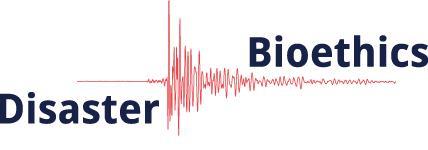Ethics and Disasters: From Where We Are to Where We Need To Go
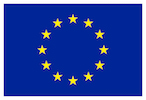 |
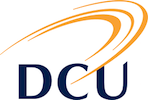 |
 |
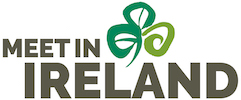 |
 |
|
News report on the conference and speaker Sheri Fink
Concluding Conference of the COST Action IS1201: Disaster Bioethics
Stokes Building (click for map), Dublin City University, Ireland
3-4 October 2016 starting at 9 am each day
Final programme available here
Book of Abstracts (pdf) available to download here
The final programme for the conference featured 3 keynote speakers, a panel discussion with respresentatives from international organisations, 15 oral presentations from around the world, and several posters on display. All of these were recorded and will be available to view online. We are experiencing some technical difficulties with these, but they will be available soon.
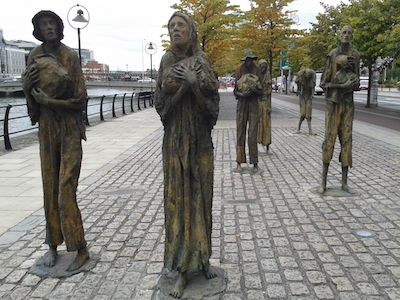
Background
Disasters are situations of large-scale damage, injury and death (of natural or human origin) that overwhelm local resources and often necessitate external aid. Ethics aims to promote decisions that best support the well-being of people, communities and the environment, and also reduce the risk of harm. Disasters raise many ethical dilemmas. Decisions must be made about who receives the limited resources, sometimes with life-and-death consequences. Restrictions may be required to limit the spread of disease, or maintain security, but may also interfere with people’s rights. Conflict and violence add further complexities, as does taking care of displaced persons and refugees. Yet responders are often provided little or no training to help address such ethical dilemmas, which can lead to moral distress.
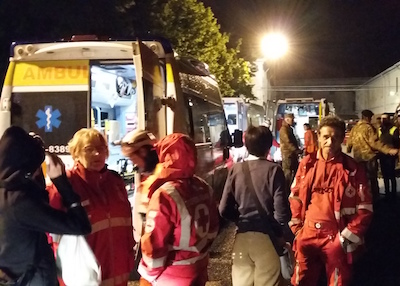 To address these and other ethical issues, the Disaster Bioethics Action was funded from 2012 to 2016 by the COST Association and supported by the EU Framework Programme Horizon 2020. The network has 28 COST countries participating with over 120 members from academia, nongovernmental organisations and international organisations. In January 2016, at the request of UNISDR and UNESCO, the Action helped to organise an ethics event in Geneva at the implementation conference for the Sendai Framework for Disaster Risk Reduction 2015-2030. The Geneva event identified the need for explicit, ongoing ethics reflection and guidance in many areas of disaster risk reduction. Thus, while the Action has contributed to developing the new field of disaster bioethics, much remains to be done to promote human rights and ethical action during disaster planning, responding and research.
To address these and other ethical issues, the Disaster Bioethics Action was funded from 2012 to 2016 by the COST Association and supported by the EU Framework Programme Horizon 2020. The network has 28 COST countries participating with over 120 members from academia, nongovernmental organisations and international organisations. In January 2016, at the request of UNISDR and UNESCO, the Action helped to organise an ethics event in Geneva at the implementation conference for the Sendai Framework for Disaster Risk Reduction 2015-2030. The Geneva event identified the need for explicit, ongoing ethics reflection and guidance in many areas of disaster risk reduction. Thus, while the Action has contributed to developing the new field of disaster bioethics, much remains to be done to promote human rights and ethical action during disaster planning, responding and research.
Objectives
- To present the main findings and outputs of COST Action IS1201: Disaster Bioethics, 2012-2016.
- To highlight significant issues and areas within disaster planning and responses that require additional and ongoing ethical reflection and guidance by hearing from those engaged in disaster response and research.
- To establish collaborations, working groups and concrete plans to carry on the work on disaster ethics that has been initiated by the Disaster Bioethics COST Action.
Presentations
Confirmed Keynote speakers
- Sheri Fink
Disaster physician and journalist (http://SheriFink.net); Pulitzer Prize winner in 2010 for coverage of Hurricane Katrina and in 2014 for reporting on Ebola viral disease; author of Five Days at Memorial and War Hospital - Jonathan Abrahams
Emergency Risk Management and Humanitarian Response, World Health Organization, Geneva, Switzerland (pending availability at the time) - Anant Bhan
Researcher in bioethics, global health and health policy at the International AIDS Vaccine Initiative and Adjunct Professor at Yenepoya University, India - Virginia Murray
Consultant in Global Disaster Risk Reduction, Public Health England and vice-chair of the United Nations International Strategy for Disaster Reduction (UNISDR) Scientific and Technical Advisory Group - Mercedes Tatay and Philippe Calain
Médecins Sans Frontières
Action members will present their work during the Action, including:
- A systematic review of research ethics guidelines for disasters
- Ethics case studies to develop ethical reflection skills for disaster responders
- Findings from research into the ethical issues experienced by responders to the Ebola crisis
- Developing ethics guidelines with the World Health Organization and other international agencies
- Ethics in disasters related to justice, gender, compromise, and other issues
Target Audience
The conference attracted ethics professionals and staff from nongovernmental organisations and international organizations, as well as policy-makers at both national and international level. The materials generated at the conference will be particularly relevant to Ministries of Health, and public health agencies. The Action also has focused on disaster research, so members of research ethics committees that approve research in disasters and epidemics will benefit from reviewing the presentations. Given media interest in recent disasters (Zika virus, Ebola, the Nepal earthquake, the Syrian refugee crisis, etc.), news media may find the research reports into such disasters to be relevant.
